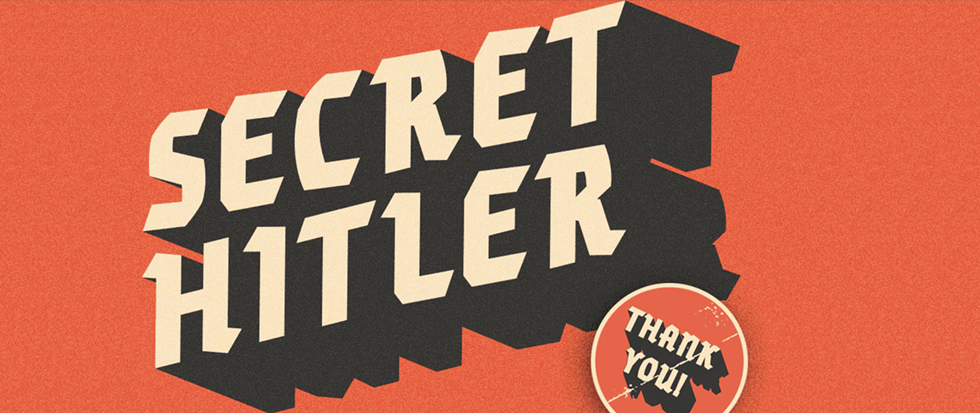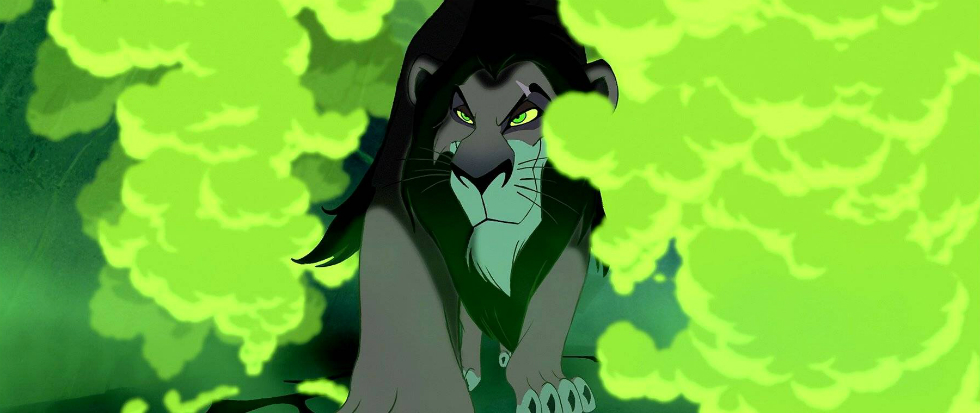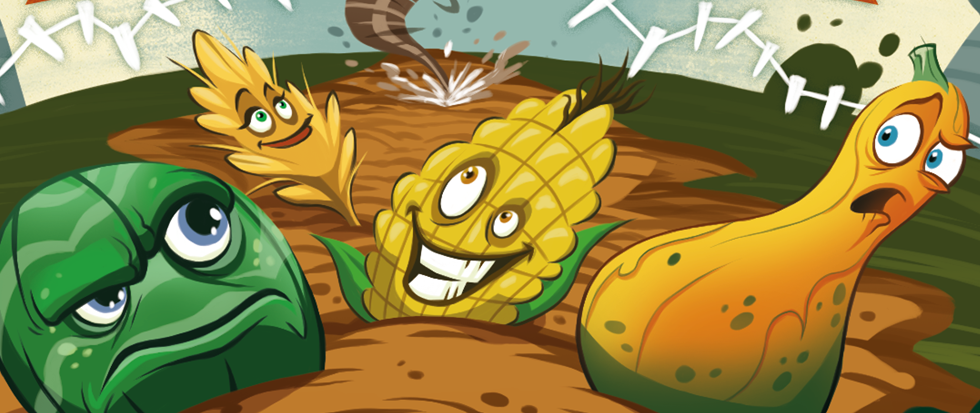
Secret Hitler is Painfully Relevant
“Fascist!” she yelled across the table, her finger pointed squarely at my face. I’m not sure what tipped her off; I thought I had taken care to cover my tracks and appeal to the general good humor of the rest of the group. Looking back, it was probably my pick for chancellor that wfas the red flag. Just two turns before, he had passed legislation that the Fascists greatly benefited from, and had been sniffed out by the Liberals. I knew I could trust him, but the rest felt differently.
And so the accusations flew wildly. They knew my chancellor was a Fascist, and so they guessed I was a Fascist. They were right of course, but they didn’t know that. For all my defensive tactics and sucking up, I could not escape their pointing fingers. They voted down my pick for chancellor, I gave up the role of president, and the clock turned. Two turns later, the Liberals passed a policy that gave them the chance to expose me for what I truly was: a Fascist. A monster.
Hitler.
I was supposed to review Secret Hitler for a (different) well-respected games site. They had begun to dabble in board game content (something we here at Unwinnable have been waist deep in for quite a while), and were looking to tackle some of the most popular titles. Secret Hitler falls squarely into that category, thanks in large part to its hugely successful Kickstarter campaign that raised more than 2,500% of its goal. And so I gathered up a group of friends, we played several rounds, discussed the positives and negatives afterwards, and I pulled together a rough draft.
And then Charlottesville happened. Several hundred white supremacists, emboldened by America’s increasingly volatile political and social climate, marched to protest the removal of a statue of Robert E. Lee. Lee was, of course, a general in the Civil War who fought for the South, a decidedly racist region, in support of the ownership of human life as property. The march earned national headlines, sparked an increase in public displays of racism, and tragically claimed the life of at least one counter-protester. Because of the uncomfortable parallels between the the game and real life, the editor I was working with decided to drop the review. Thinking back on my game experience, this was for the best; shouting accusations of “Fascist!” and “Hitler!” across the table was no longer a fun novelty, it was a gross and uncomfortable reflection of what is currently happening in America.
Secret Hitler is a game about secret roles and scheming behind a veil of feigned innocence. It’s a game about non-verbal communications and baseless accusation. It’s a game about deception. It’s a game about social deduction.
It’s a game.
At least it used to be.
It feels minimizing and privileged to write a piece on how today’s very real racial injustice affected my perspective on a tabletop game, especially given that I’m a white male. To say “Oh no, the Nazis ruined my game” in the face hate crimes and racially charged violence feels…dumb, a futile attempt to ride the coattails of current events. But, in the discussions my group has had since our session, I have come to appreciate that art and media and culture are all a byproduct of the times during which they were created. Today, we are creating more art and media and culture than ever before, which has given a voice to those who would otherwise be ignored, and it is my duty to be a catalyst in that process. If that means pointing out that America now mirrors a stupid board game about Nazis, then that’s what I’m going to do.
Let’s keep Secret Hitler a game, not our reality.





